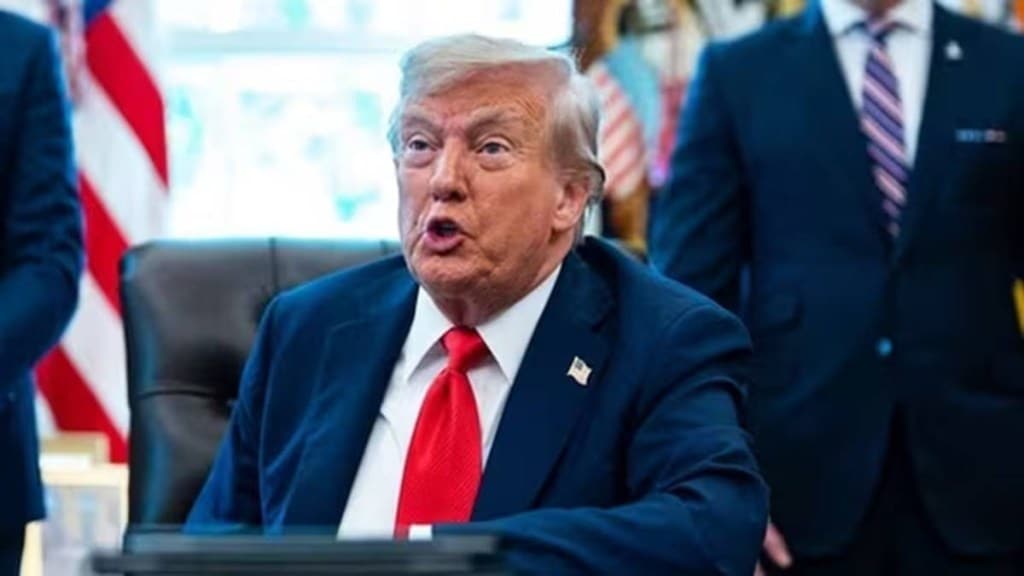Efforts to secure an India-US trade deal ran into fresh hurdles this week as President Donald Trump announced a $100,000 fee on new H-1B visa applications. The announcement came even as Union Ministers S Jaishankar and Piyush Goyal reached the US for talks on Monday. The newly announced policy is likely to feature prominently in discussions.
Talks had stalled last month after the POTUS imposed a 50% tariff against most imports from India and announced several policy changes. President Trump heralded a thaw earlier this month — referring to Modi as a close friend and extending birthday greetings. Trade discussions also resumed last week with US US Chief Negotiator Brendan Lynch visiting New Delhi and an Indian team slated to reach the US on Monday.
Union Commerce Minister Piyush Goyal will reach the United States with an Indian delegation for subsequent discussions on Monday. An official statement said they were working to achieve “early conclusion of a mutually beneficial Trade Agreement”. Meanwhile External Affairs Minister S Jaishankar will also hold talks with US Secretary of State Marco Rubio in New York on Monday — with the visa issue likely to be discussed.
Change in H-1B visa policy
Trump signed a proclamation raising the fee visa fees to $1,00,000 on Friday — sending shockwaves through the world. Indians are likely to bear the brunt of the abrupt decision — having accounted for 71% of people who secured the coveted work visa in 2024. The White House appeared to backtrack on Saturday and clarified that the change would only apply to new applicants.
The POTUS had also upended decades of diplomacy earlier this year with a steep 50% tariff against most imports from India.
India-US ties deteriorate
Ties between the two countries have frayed rapidly over the past few months as the POTUS imposed a 25% reciprocal tariff against New Delhi in early August. This was followed by an additional 25% tariff for continued purchase of Russian oil amid the Ukraine war — the only country to face such sanctions. Top aides have also held India responsible for ongoing ‘bloodshed’ in Ukraine — repeatedly accusing New Delhi of indirectly financing the Russian war and being a “laundromat for the Kremlin”.
Members of his Cabinet have also made critical and exaggerated claims about Indian trade policies — threatening fresh penalties if the country did not open markets. The US has also criticised its participation in the BRICS and demanded that India exit the coalition. Multipolar diplomacy and continued ties with Russia and China have also prompted fresh tariff threats from the US. New Delhi was also caught in the middle as Trump ended a sanctions waiver for Chabahar port in Iran, and named the country as a major drug transit or producing nation last week.
President Trump has also continued to claim a role in Operation Sindoor — undaunted by clarifications from India and Pakistan. The White House insists that the POTUS singlehandedly averted ‘nuclear war’ between the two neighbours and played a pivotal role in ending numerous long-standing conflicts since January. Trump had repeatedly insisted during his 2024 campaign that he could end the Russia-Ukraine war “within 24 hours” — with recent reports indicating growing frustration with Vladimir Putin.

